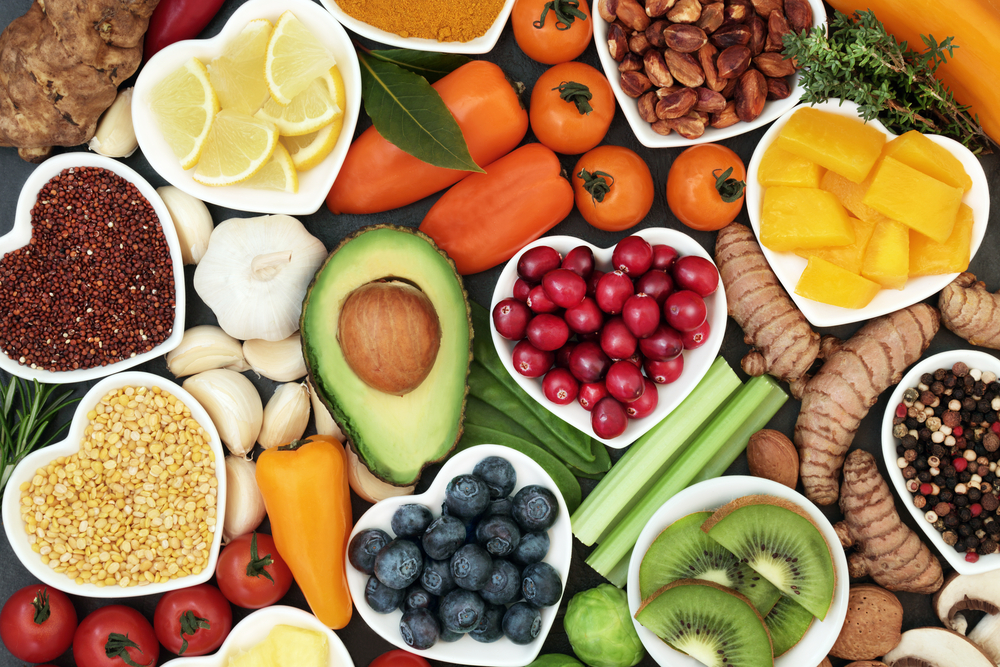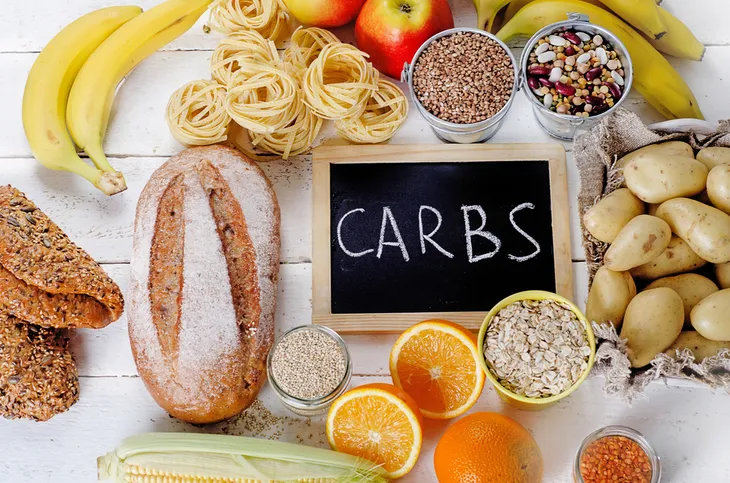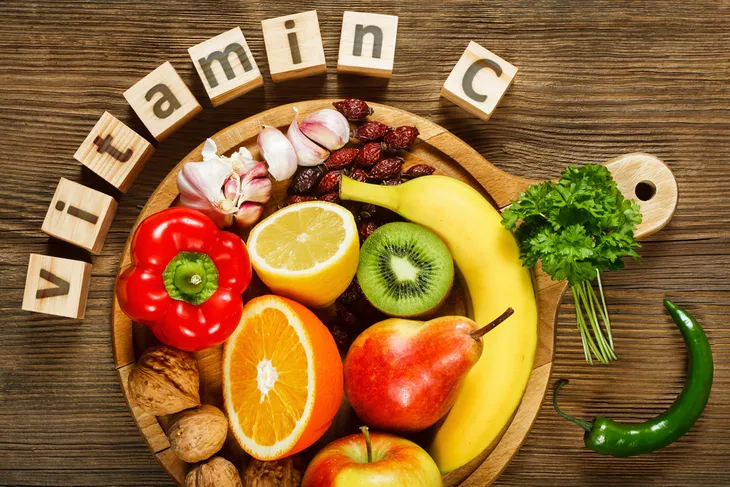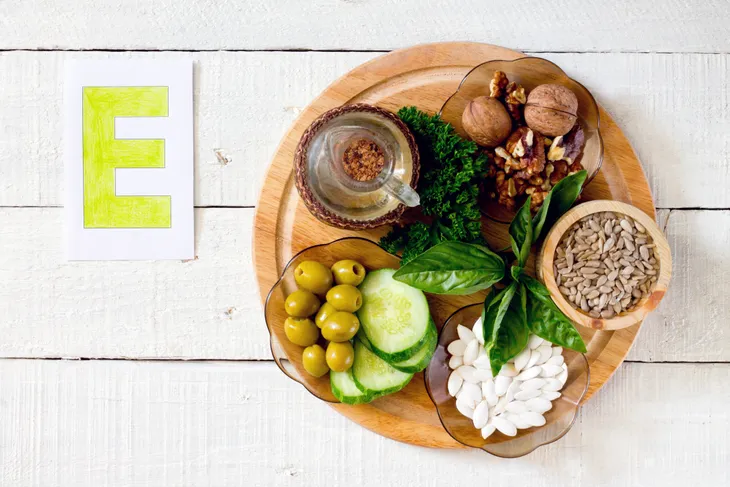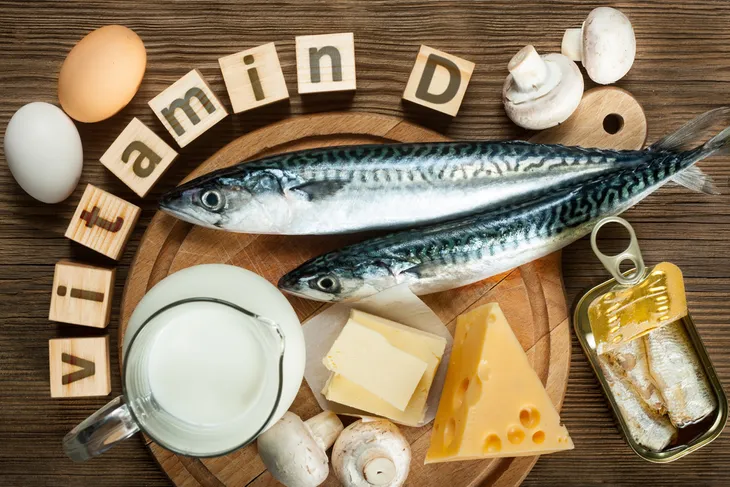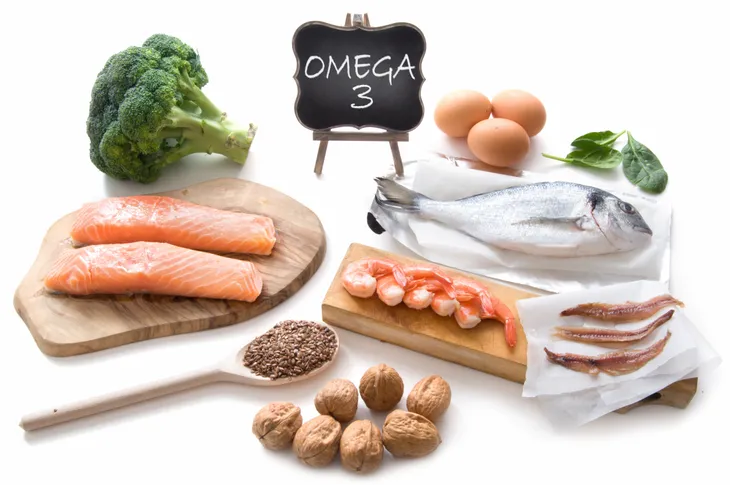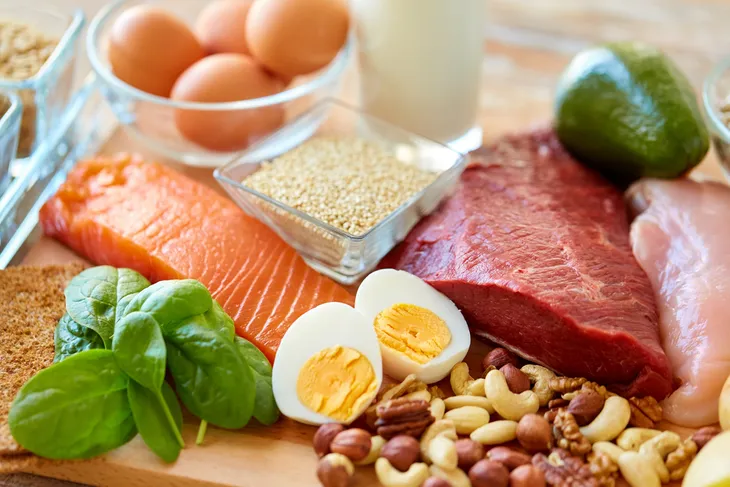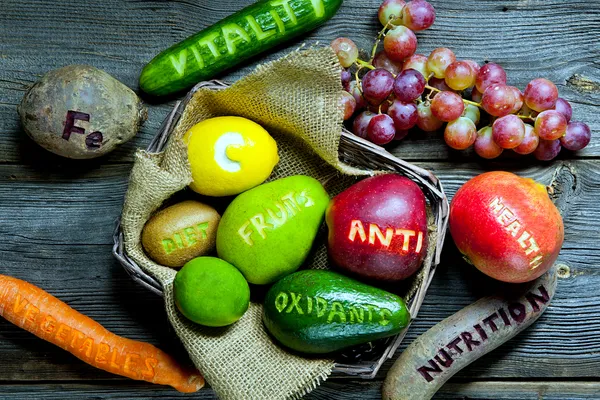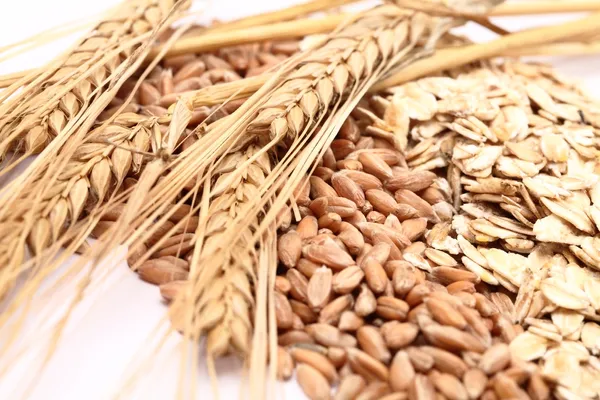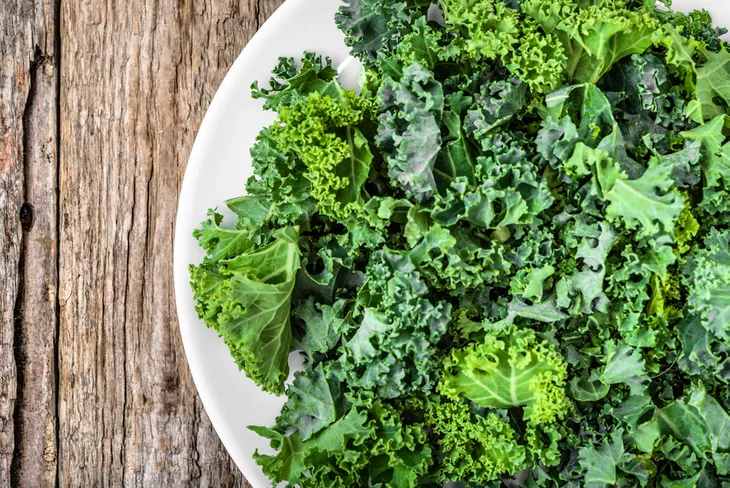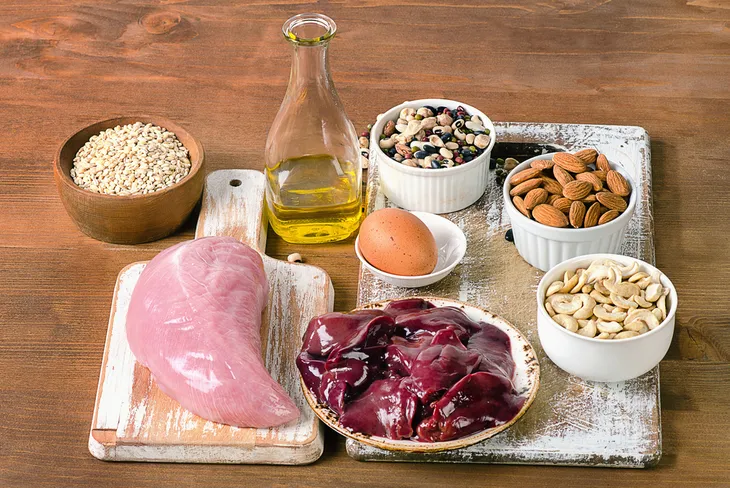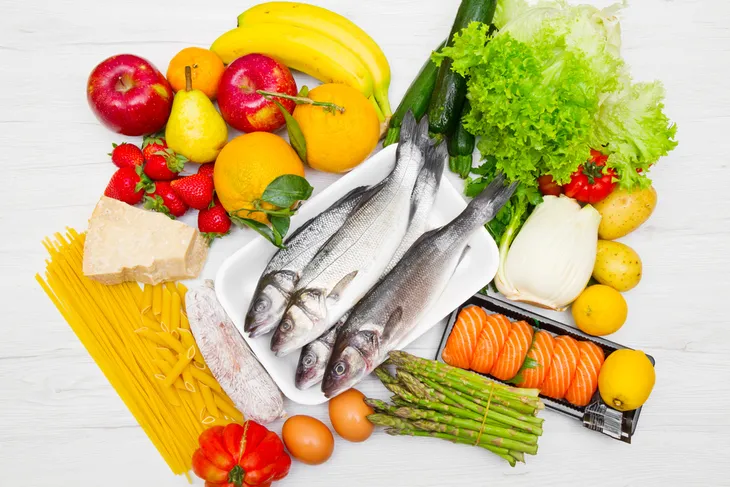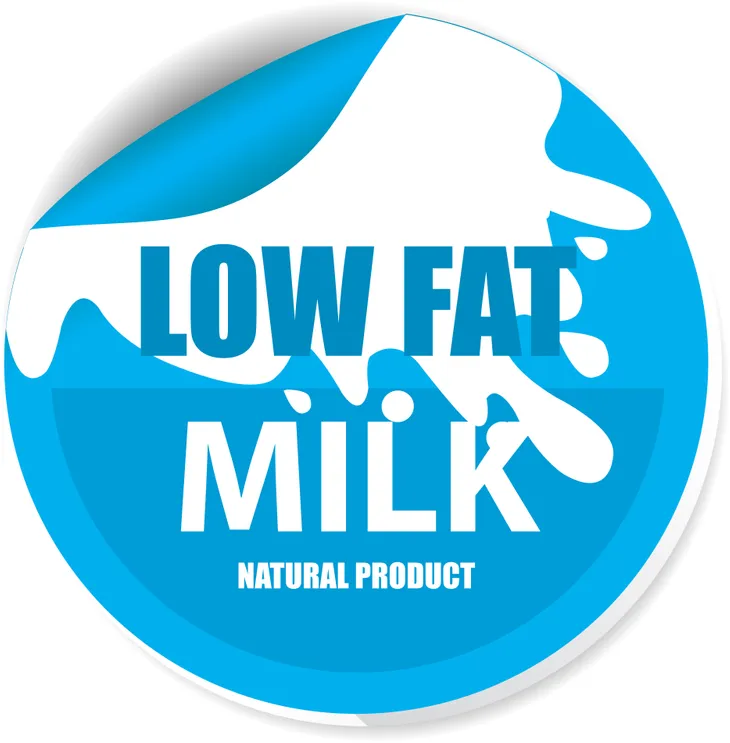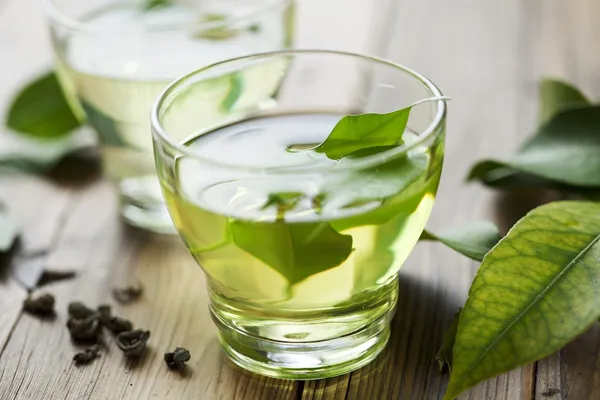People all over the world cope with depression every day. Depression is more than just feeling sad, it’s a mood disorder that persists and interferes with everyday functioning. The Centers for Disease Control and Prevention (CDC) says about 1 in 6 adults will struggle with depression at some point in their life.
While many of us have suffered from (what we think is) depression at some point in our lives, others have been coping with it for years. Luckily, there are some small things you can do to help manage your depression and keep you on the track to happiness.
You may not know it, but the foods you eat could be affecting your state of depression. There are foods that help and hurt depression sufferers. For the sake of this article, we’ll be focusing on 14 types of foods to help manage depression – along with examples of each.
Want diet & nutrition content delivered straight to your inbox? Sign up for our exclusive diet & nutrition newsletter!
Carbohydrates
Not all carbohydrates will boast positive results when used to help manage depression, but “smart carbs” will. Carbohydrates are linked to strong levels of serotonin which will help boost your mood. WebMD says it hasn’t been proven, but experts believe carb cravings could be linked to low serotonin activity. The source also advises limiting sugary food intake and quenching your carb desires by eating smart carbs like fruits, vegetables, whole grains and legumes.
Vitamin C
Vitamin C isn’t just used for warding off colds, it’s also proven to be effective in coping with depression as well. Vitamin C, like carbohydrates, play a key role in the production of serotonin. If you’re looking to increase your Vitamin C intake, consider eating foods such as spinach, oranges, grapefruits and peas.
Vitamin E
Low levels of vitamin E have been linked to anxiety and depression. This vitamin is an antioxidant which boasts many great health benefits. If you’re looking to boost your mood through vitamin E, try eating chickpeas, oats, egg yolks, seeds and nuts. Also, try cooking with canola oil or other healthy oils for added benefits.
Vitamin D
According to WebMD, a 2010 national study revealed that the likelihood of suffering from depression was greatly increased in individuals with a vitamin D deficiency. A non-related study showed that an increased level of vitamin D (to a certain extent) led to a decreased level of depression symptoms. While you can get vitamin D from the sun, it’s also important to consume it through a diet by eating things like fish, tofu, and milk.
Omega-3 Fatty Acids
Omega-3 fatty acids provide endless health benefits. When it comes to depression, scientists have recently revealed that low levels of omega-3 in your diet can be associated with depression. Eating just a small amount of these acids can have a positive effect on your state of mind. To increase omega-3 fatty acids in your diet, eat more fatty fish, flaxseeds, nuts, canola oil, walnuts and dark green leafy vegetables.
Protein
Foods rich in protein are also rich in an amino acid called tryptophan which might assist in the production of serotonin. Tyrosine has been proven to help boost levels of dopamine and norepinephrine – brain chemicals that help you feel alert and energetic. To reap the benefits, simply add more beans, peas, lean beef, milk, poultry, yogurt and fish to your diet.
Antioxidants
Many of the foods already described in the previous slides fall into this category, but it’s important to reiterate that antioxidants have the power to eliminate damaging molecules from our bodies. These damaging molecules, called free radicals, often target the brain. While there’s no way to stop free radicals from reaching the brain, antioxidants are a great way to reduce the likeliness of them affecting it. Increase your antioxidant levels with foods like apricots, berries (raspberries, strawberries, blueberries), tomatoes, broccoli, seeds, kiwis, oranges, peppers and more.
Whole Grains
Whole grains are made up of plenty of healthy nutrients. They are high in fiber, vitamins and amino acids and have been proven to help boost your mood and beat your depression. If you’re looking to increase your whole grain intake, consider adding brown rice, whole grain cereal, whole wheat pasta and whole grain breads to your diet.
Water
Drinking lots of water is a great way to alleviate depression and anxiety. It’s the most important element when it comes to boosting your mood. You see, when your body is dehydrated, your body suffers in several ways. In order to reap the benefits, you must drink actual water. Substituting water for other beverages like coffee, tea, juices or sodas won’t produce the same benefits.
Dark Leafy Greens
There are plenty of reasons to eat your greens, but just in case you needed one more, Everyday Health explains that greens, which are apart of what’s known as the “G-BOMBS” (greens, beans, onions, mushrooms, berries, and seeds), not only fight cancer effects and boost our immunity, but they also have the ability to fight inflammation. So what’s all that have to do with depression?
A 2015 study published in JAMA Psychiatry found that severe depression is linked with brain inflammation. This means that leafy greens like spinach, kale, and Swiss chard, also have the ability to ward off depression. “Leafy greens are especially important because they contain oodles of vitamins A, C, E, and K, minerals, and phytochemicals,” says Everyday Health.
Selenium-Rich Foods
Selenium-rich foods like beans and legumes, lean meat, low-fat dairy products, nuts and seeds, seafood, as well as whole grains are important in maintaining mood. WebMD states that “Studies have reported a link between low selenium and poor moods.” The evidence isn’t clear on whether it’s effective to take supplements and it is possible to consume too much selenium, so stick to the recommended amount of 55 micrograms a day for adults.
Mediterranean Diet
WebMD cites a Spanish study that collected data from 4,211 men and 5,459 women only to discover that depression rates rise in men (especially those who smoke), when their bodies weren’t getting enough folate. Their findings were similar among women (especially those who smoked and did not exercise), but instead of it being heightened in cases of low folate, there was a rise in depression among women who weren’t getting enough vitamin B12. WebMD goes on to state that these findings aren’t new and researchers have long known that low nutrient levels lead to depression.
The solution? People who have a hard time consuming folate on their own, should follow the mediterranean diet which boosts lots of vitamin B and folate. “Legumes, nuts, many fruits, and dark green vegetables have folate. Vitamin B12 can be found in all lean and low-fat animal products, such as fish and low-fat dairy products,” says WebMD.
Low-Fat Dairy
While low-fat dairy has already been lumped in with selenium-rich foods, we’re dedicating a whole new slide to it because it has so many of its own great qualities worth sharing that contribute to the fight against depression. Low-fat dairy products like skim milk, yogurt, low-fat cheese, and more are all rich in calcium, vitamin D, and protein, says Everyday Health
“Low-fat dairy is the richest dietary source of two powerhouse nutrients, calcium and vitamin D, as well as specific peptides (proteins) that induce a sense of well-being and relaxation,” says Shawn Talbott, PhD, a nutritional biochemist and author of Vigor: 7 Days to Unlimited Energy, Focus, and Well-Being, to Everyday Health.
Tea
Water isn’t the only beneficial beverage on this list — green tea is also one of the best foods to fight depression. While green tea is known to be a great source of antioxidants, Dr. Talbott tells Everyday Health that its “depression-fighting properties can be traced to an amino acid known as theanine.”
There’s a reason we associate a warm cup of tea with relaxation, Talbott goes on to point out that green tea is a natural stress reliever. “Theanine is an amino acid naturally found in tea leaves that provides an anti-stress relaxation benefit to tea drinkers,” he says. “The presence of theanine in green tea is thought to be responsible for the observation that caffeine intake in coffee drinkers (who aren’t getting theanine) is more apt to result in tension as opposed to the ‘relaxed alertness’ more common to tea drinkers.”
